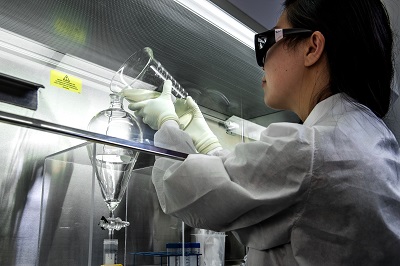To apply for EU CE certification for Class D medical devices, you must meet several key conditions and requirements under the European Union Medical Device Regulation (MDR) 2017/745. Here’s a detailed overview of the conditions you need to fulfill:
1. Compliance with MDR 2017/745
- Understand MDR Requirements: Ensure you are familiar with all aspects of the MDR, which outlines the regulatory requirements for medical devices in the EU.
- Class D Specifics: Class D devices are considered high-risk and require extensive documentation and rigorous assessment.
2. Technical Documentation (Design Dossier)
- Complete Technical Documentation: Prepare a comprehensive Design Dossier that includes:
- Device Description: Detailed information about the device, its intended use, and operational principles.
- Risk Management: Documentation of risk management processes, including risk analysis, evaluation, and mitigation (ISO 14971 compliance).
- Clinical Evaluation: Clinical data demonstrating the safety and performance of the device. This may include clinical trials, studies, and literature reviews.
- Performance Testing: Results from performance and safety testing, including preclinical tests and biocompatibility studies.
- Manufacturing Information: Details about manufacturing processes, quality control measures, and facility information.
- Labeling and Instructions for Use: Comprehensive labeling and user instructions that comply with MDR requirements.
3. Quality Management System (QMS)
- ISO 13485 Compliance: Implement a Quality Management System that meets ISO 13485 or an equivalent standard.
- Documented Procedures: Ensure all QMS procedures are documented and followed, including those for design, production, and post-market activities.
4. Clinical Evidence
- Clinical Trials: Provide robust clinical evidence to support the safety and effectiveness of the device. For Class D devices, this is crucial and often involves conducting clinical trials.
- Post-Market Clinical Follow-Up (PMCF): Develop a PMCF plan to gather additional clinical data after the device is on the market.
5. Notified Body Selection
- Choose an Accredited Notified Body: Select a Notified Body that is accredited to assess Class D medical devices. You can find a list of accredited Notified Bodies on the European Commission’s NANDO (New Approach Notified and Designated Organisations) database here.
- Engage with Notified Body: Contact the Notified Body to understand their specific requirements, fees, and application process.
6. Application Submission
- Complete Application Form: Fill out any required application forms provided by the Notified Body.
- Submit Technical Documentation: Provide the Notified Body with your complete Design Dossier, QMS documentation, and other required materials.
7. Assessment and Audits
- Documentation Review: The Notified Body will review your Technical Documentation.
- On-Site Audit: Be prepared for an on-site audit of your manufacturing facilities and QMS, as required by the Notified Body.
- Respond to Queries: Address any feedback or additional information requests from the Notified Body.
8. Post-Market Surveillance and Compliance
- Implement Post-Market Surveillance: Set up a system to monitor the device’s performance and safety in the market.
- Adverse Event Reporting: Report any adverse events or safety issues to the relevant authorities and the Notified Body.
9. Ongoing Responsibilities
- Maintain Compliance: Ensure ongoing compliance with MDR requirements through regular updates to your Technical Documentation, QMS, and clinical evaluations.
- Periodic Reviews: Be prepared for periodic reviews and audits by the Notified Body to maintain your certification.

Contact Us:
Whatsapp or Wechat:+86 15816864648;email address:hito.lin@grzan.cn
.png)
.jpg)

.png)

.png)